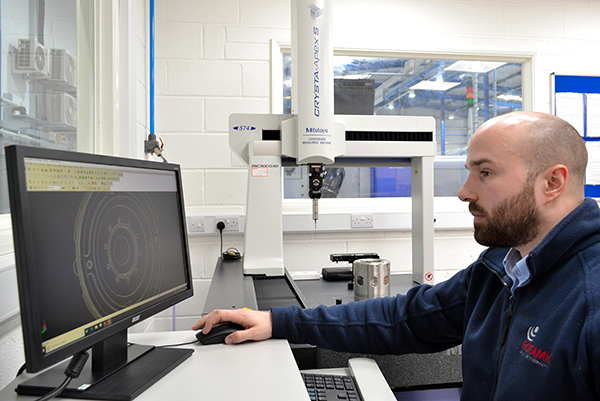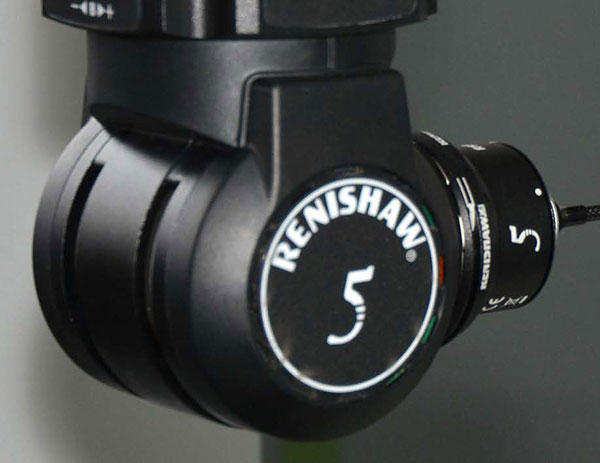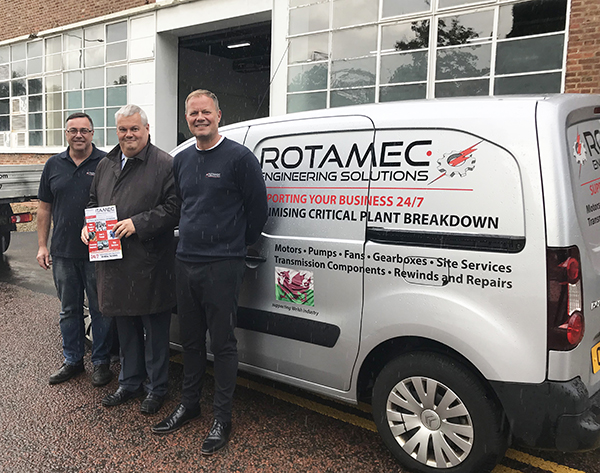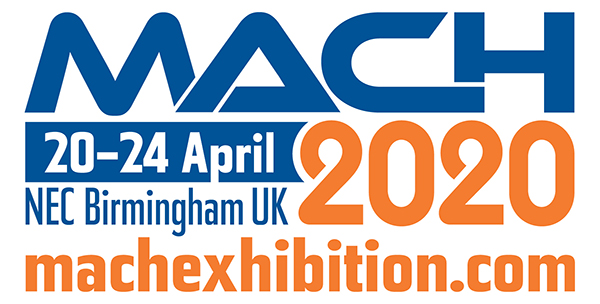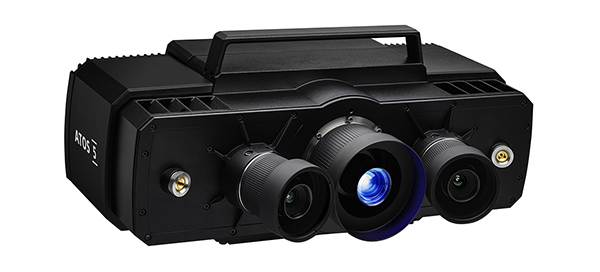To make sure that Exeter-based Rotamic Engineering’s inspection provision was able to keep pace with its recent rise in production levels, the company invested in a Crysta Apex S574 CNC CMM from Mitutoyo, which offers a working range of 500 x 700 x 400 mm.

Kai Kidson, Rotamic quality engineer, says: “When compared with other CMMs, we considered that the accuracy and repeatability of the Mitutoyo CNC CMM would provide the capability to inspect components with challenging dimensional specifications. Also, not only would the speed and efficiency of the machine be able to keep pace with our current levels of manufacturing, we believe it will cope with all foreseeable rises in production.
“In addition to inspecting single parts, we are now able to place a large batch of components on to the CMM’s granite bed, recall a pre-written program and perform a mass inspection routine in fast, fully automatic CNC mode. We are then able to generate detailed inspection reports that can be archived for our traceable records.”
Over the past 40 years, Rotamic Engineering has established a reputation for the manufacture of precision machined components. In addition to serving the defence, Formula One and medical industries, Rotamic has been a supplier to the aerospace sector for more than 20 years. This challenging field currently constitutes the company’s largest market. To meet the requirements of its aerospace clients, the ISO9001 accredited business obtained AS9100 in 2006.
In addition to ensuring that all materials are traceable and sourced from approved suppliers, in-process quality checks are made by the company’s machine operators throughout each manufacturing stage. Lastly, before component dispatch, in-depth final inspection routines are carried out.
For further information www.mitutoyo.co.uk






